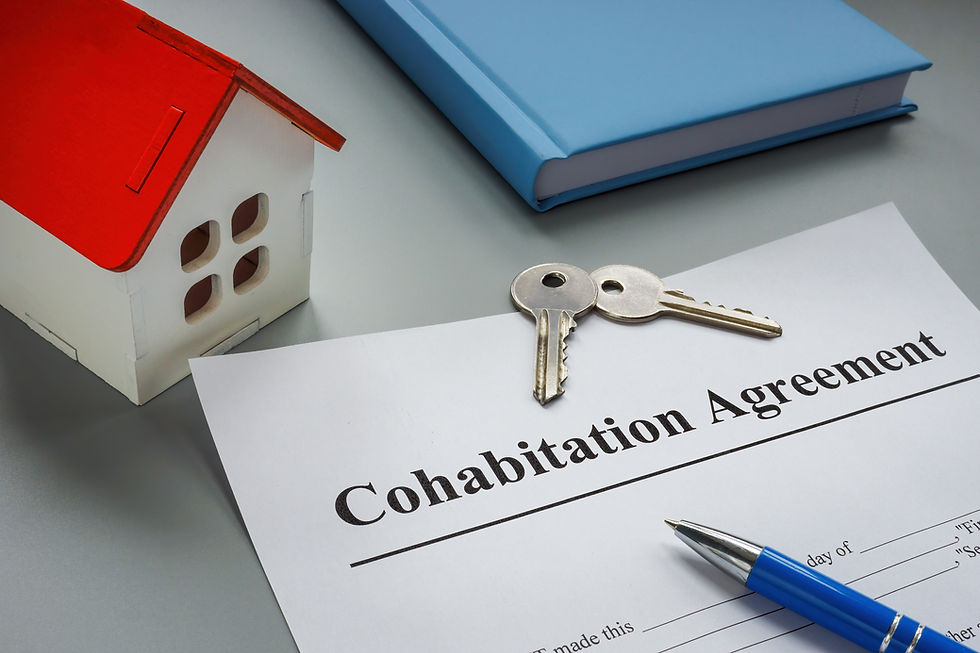Legal requirements of wedding ceremonies in South Africa
- Feb 10, 2022
- 3 min read
In a recent case, Botha v Steyn [2021] 4 All SA 87 (KZD), the court concluded that if the legal requirements of wedding ceremonies are not fulfilled, then no marriage was contracted between the parties and hence there can be no talk of a decree of divorce.
Facts of the case
The plaintiff in Botha v Steyn [2021] 4 All SA 87 (KZD) instituted action seeking a decree of divorce against the defendant, as well as payments of R100 000 per month and half of the net value of the defendant’s estate.
The parties met and become engaged in 2005, then started residing together, travelling between London and South Africa (SA). In 2007, they hosted a ceremony which was meant to be a wedding ceremony. Guests were flown from SA to London at the defendant’s expense and the parties exchanged rings at the ceremony. However, the wedding was not registered as there was insufficient time to obtain a marriage licence. On their return to SA, the parties cohabited as husband and wife until December 2007 when the marriage began struggling. By 2009 the relationship had ended permanently, and in 2014 the plaintiff started the litigation in this matter by issuing summons against the defendant.
The evidence of an English solicitor, consulted by the defendant on discovering the problem regarding obtaining of a marriage license, testified that he had advised the defendant that the ceremony could proceed as a ‘blessing ceremony.’ He also stated that he had been requested by the parties after the ceremony, to draw up an agreement regulating their cohabitation as they were not married. The plaintiff was said to have been aware of the legal status of the relationship at that point. The defendant also called an expert in English law as a witness. Her testimony was that the absence of a marriage licence meant that there was no marriage. The court’s only task was to determine whether there had been a valid marriage. It found the plaintiff to be a poor witness who failed to prove that she had been married to the defendant.
The court was satisfied that there was never a marriage contracted between the plaintiff and the defendant and, therefore, there could be no talk of a decree of divorce. The plaintiff was always aware that there never was a marriage existing between her and the defendant as the prerequisites for a marriage in English law had not been met. She knew that the ceremony had no legal effect and that they would need to undertake another ceremony in terms of the marriage laws of SA if they were to be validly married.
It was held by Hadebe J that the defendant had made an overwhelming case for the dismissal of the plaintiff’s action with costs, which costs should be granted at a punitive scale.
How to register your marriage in South Africa
The couple and two witnesses and the marriage officer must sign the marriage register immediately after the solemnization of the marriage or the wedding ceremony. Then the marriage officer must issue the parties with a handwritten marriage certificate free of charge. The marriage officer must then submit the marriage register to the nearest office of the Department of Home Affairs, where the marriage details will be recorded in the National Population Register. A duly signed marriage certificate serves as prima facie proof of the existence of the marriage. A marriage concluded outside the borders of South Africa like in the Botha case will only be valid if it was concluded in terms of the formalities of the jurisdiction where the marriage was concluded.
.png)



Comments